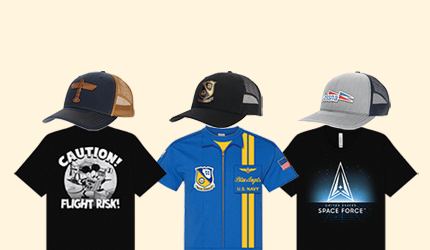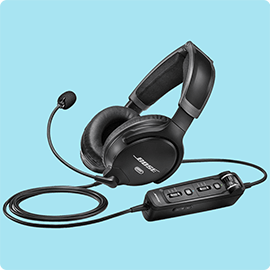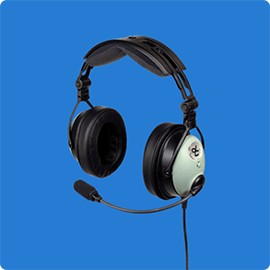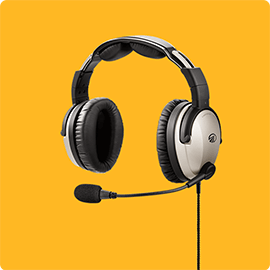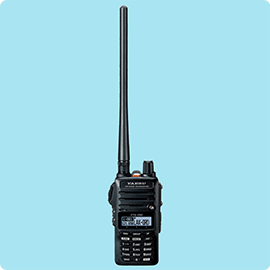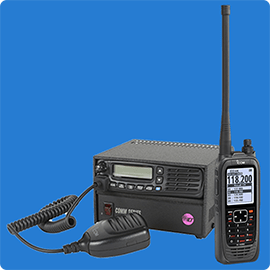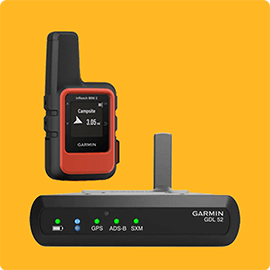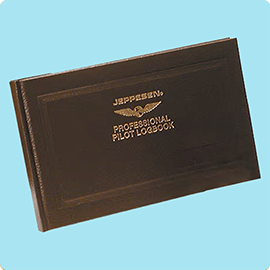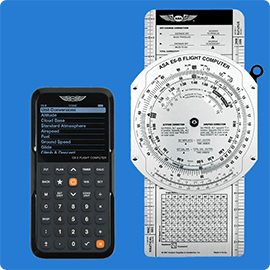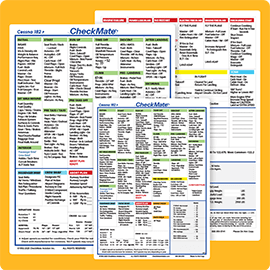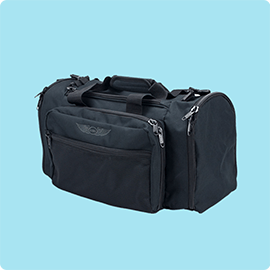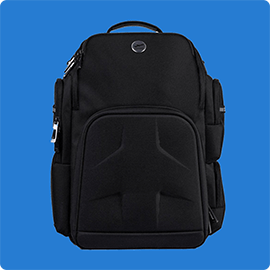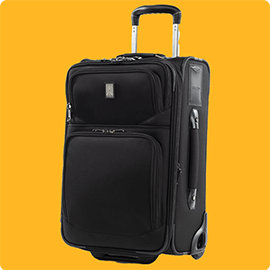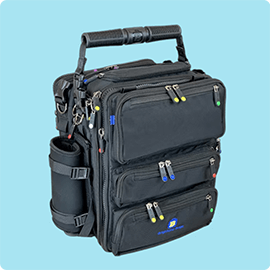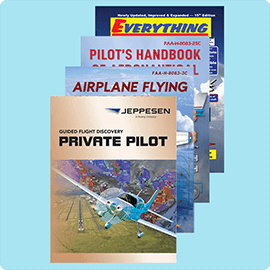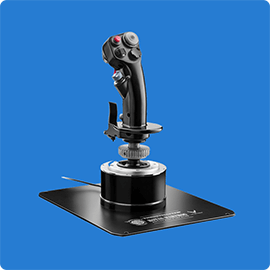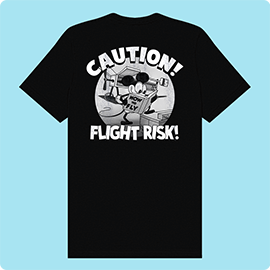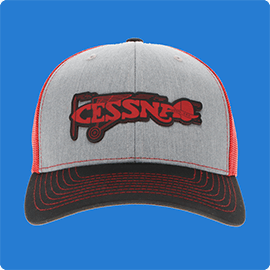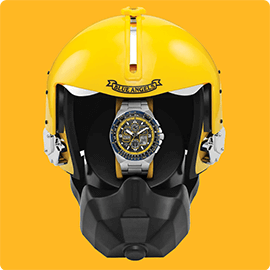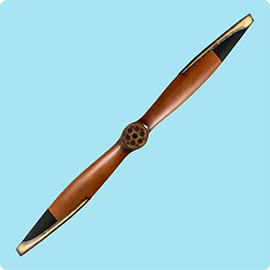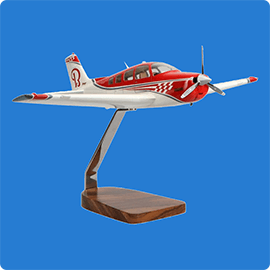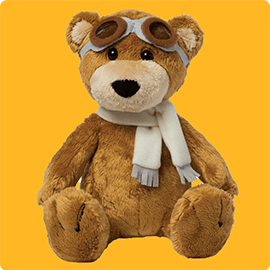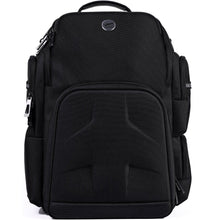The Best Student Pilot Essentials: A Comprehensive Guide
Are you or your child wanting to explore your passion for aviation? Get started on your flight training the right way by knowing the correct steps to take and the right materials to have on hand.
In this guide, we will cover the best student pilot essential items to have in your flight bag along with the right certifications and the requirements you’ll need.
Ready? Let’s get into it!

Featured Pilot Gear
Browse our selection of high-quality pilot supplies! Your purchase directly supports our small business and helps us continue sharing valuable aviation content.
Are you or your child wanting to explore your passion for aviation? Get started on your flight training the right way by knowing the correct steps to take and the right materials to have on hand.
In this guide, we will cover the best student pilot essential items to have in your flight bag along with the right certifications and the requirements you’ll need.
Ready? Let’s get into it!
Table of Contents
- Getting Your Student Pilot Certificate
- How to Find Aviation Scholarships
- Student Pilot Flight Training Essentials
- Required Items
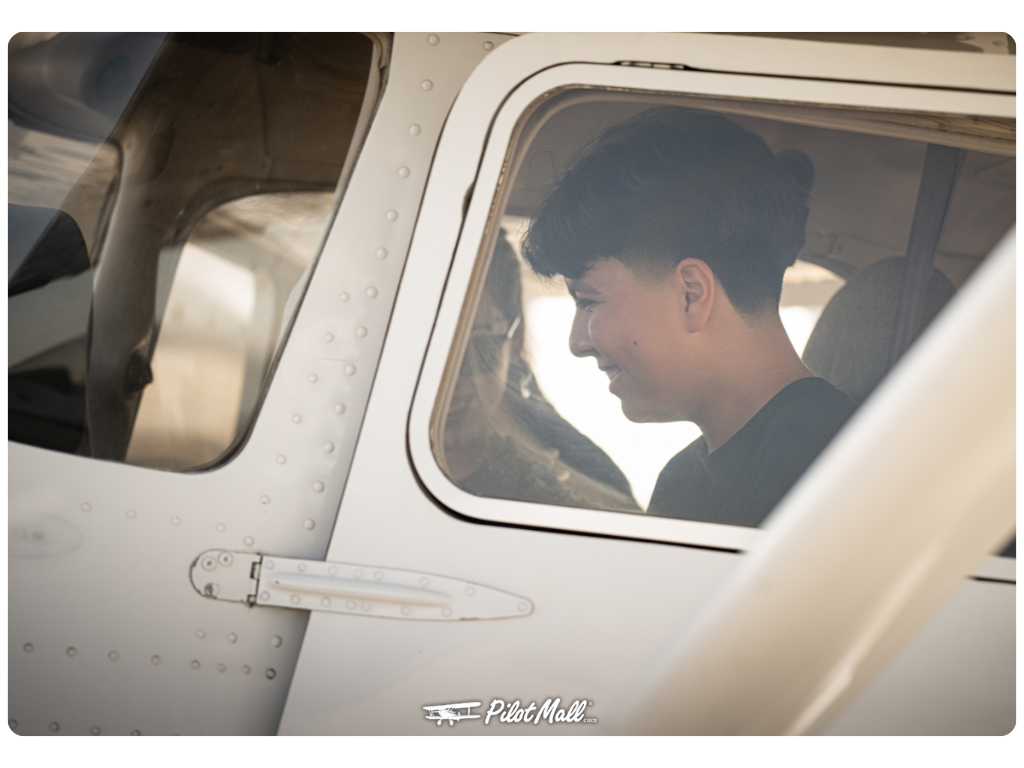
Getting Your Student Pilot Certificate
The first essential item you will need is a student certificate, the flight school that you decide to attend should help you with this process. For more extensive information put together a whole guide on how to get your student certificate.
Requirements
- You must be at least 16 years old
- You must read, speak, and understand English.
- You must provide proof of identity
- You must have the ability to obtain a medical certificate from a Federal Aviation Administration Aviation Medical Examiner (AME).
Training Preparations
Make preparations to decide on which approach to your flight training process you'd like to take. We highly recommend looking at getting a discovery flight at a flight school near you before committing to a program.
Once you're sure that you want to obtain your Private Pilot license, decide if you want to go to a Part 61 school or an Aviation College.
Remember, committing to a program is costly, and will require a lot of time, dedication, and focus. Starting with a Part 61 school for your recreational license can be a great way to test you going down your flight career path before locking into Part 141 or Aviation College options. Look into certified flight instructors in your area and ask them for advice on this topic.

How to Find Aviation Scholarships
The biggest issue every student pilot faces when deciding to pursue a piloting career is how to afford it. Flight schools are expensive, with Part 61 schools charging anywhere between $185-$250 per flight hour and Part 141 programs ranging close to $100,000.
While these figures can be daunting, there are options available to help lessen the financial sting.
Aviation Scholarships and Grants
There are several different types of flight training scholarships offered for future aviators, however, they all have different levels of requirements to apply.
Some might only allow members to apply and you would need to get membership to qualify. Others might have age restrictions or only offer scholarship opportunities to students enrolled in college programs.
- Free Application for Federal Student Aid (FAFSA) for Pell Grant eligibility.
To learn more about the specific aviation scholarships and grants available, we've put together a guide that lists 13 different scholarship opportunities for flight students.
Financial Aid
Scholarships do not provide enough money to cover the total cost of pilot training. To pay for flight school, you will need to either pay from your own savings, use financial assistance, or take out loans.
The most commonly used loans for aviation schools are:
- Federal Financial Aid
- Sallie Mae Loans
- College Ave Loans
Airline Training Sponsorships
While this option is not an aviation scholarship, it can be helpful to seek a sponsorship program. Airline-sponsored programs reimburse students up to a specific amount spent on their training once they complete it and enter into the aviation industry as a professional pilot.
Airlines that offer Sponsored Flight Training Programs:
- AeroGuard Flight Training (SkyWest)
- American Airlines Envoy Cadet School
- PSA Airlines Cadet Program
Student Pilot Flight Training Essentials
Now that you have your requirements and funding covered, it's time to put together your pilot bag essentials.
The goal of all future pilots should be to learn how to prepare for any situation that could arise and try to stay ahead of the airplane. This starts with having the right tools on hand in the cockpit with you while you fly.
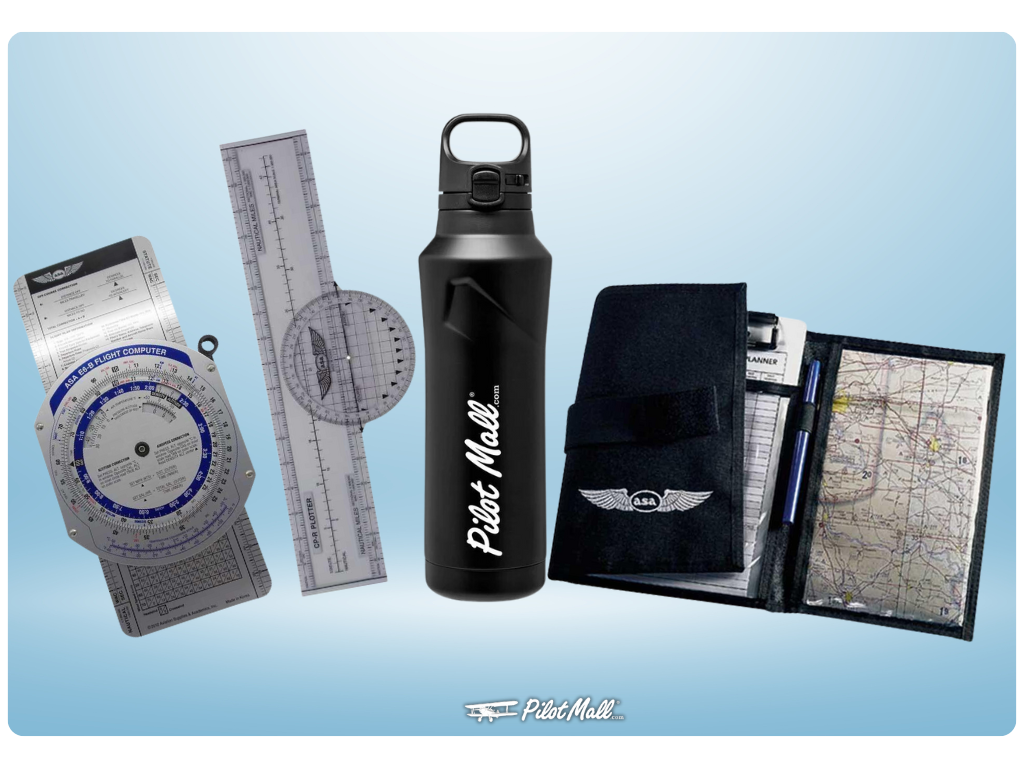
The Best Ground School Materials
As a student, one of the most important things you can do to ensure success in your flight training is to stay organized and prepared. This means having all the necessary materials at hand, such as pens, pencils, highlighters, and tabs for your FAR AIM.
Whether enrolled in a Part 61 or Part 141 program, being well-prepared will not only impress your instructors but also help you excel in your studies. Also, it will set you up for success when it comes time to face the FAA Examiner for your practical test.
We’ve put together a list of pilot-in-training materials we think will help. Don't forget to take notes, keep extra supplies on hand, and stay organized because it will pay off in the long run.
Whiz Wheels, Plotters & More
There are a lot more items aviation students should consider keeping on hand that will make your flight instructor happy to see.
For flight planning you will need these essentials:
- E-6 B Flight Calculator (or Whiz Wheel)
- Plotter (For flight planning)
- VFR Sectional Charts (For the area you'll fly in)
- Metal Water Bottle (keeps water cold in a hot plane for hydration)
- Kneeboard (To help keep flight notes and your iPad handy)
- Notepad
- Good quality pens
- Logbook
- FAR AIM (For Federal Aviation Regulations)
- Flashlight (for night flights)
- Back-up Battery (for electronic devices)
- Airplane Flying Handbook (Covers everything a pilot needs to know)
It can be a great idea to hand on-board an iPad as well for when you have your first solo flight and to use for cross-country flights. An iPad can provide additional situational awareness.
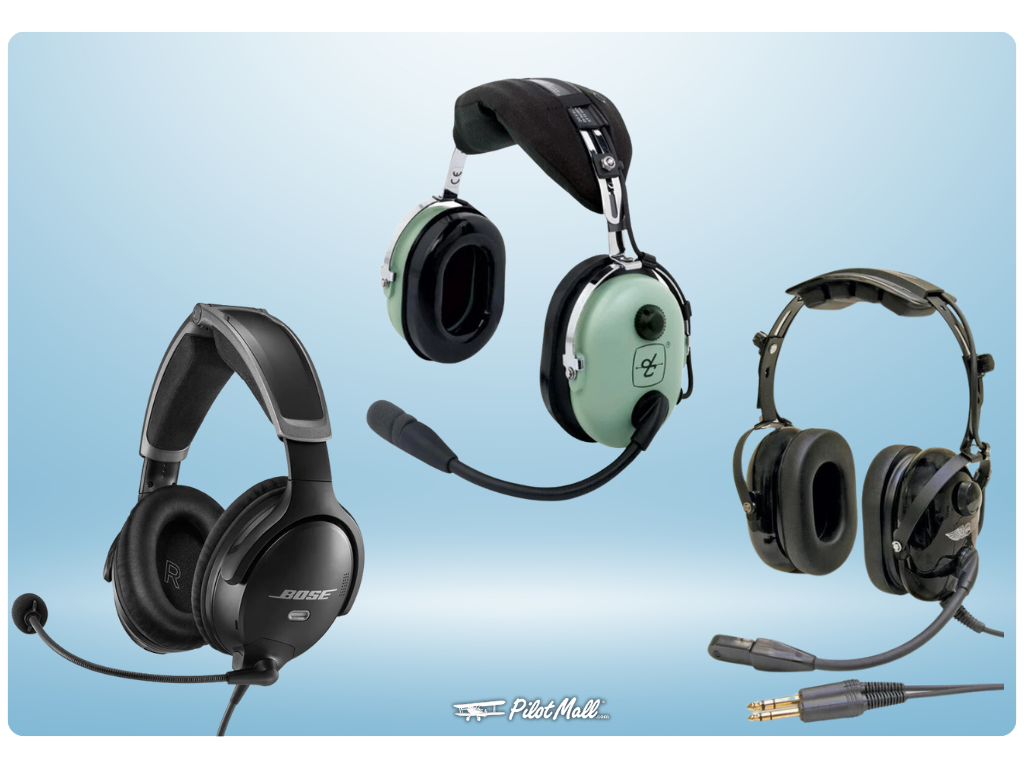
The Best Headsets for Student Pilots
As a pilot, clear communication is vital for safe flights. While it may be tempting to cut costs when purchasing equipment, investing in a high-quality headset should be a top priority. Not only does it enhance the overall flying experience, but it also protects your hearing in the long run.
Considering the constant loud noises in the cockpit and the potential for hearing loss over time, it's incredibly important to invest in a reliable headset that will preserve your hearing throughout your entire career as a professional pilot.
We've pulled together three pilot gear picks from least expensive to most expensive.
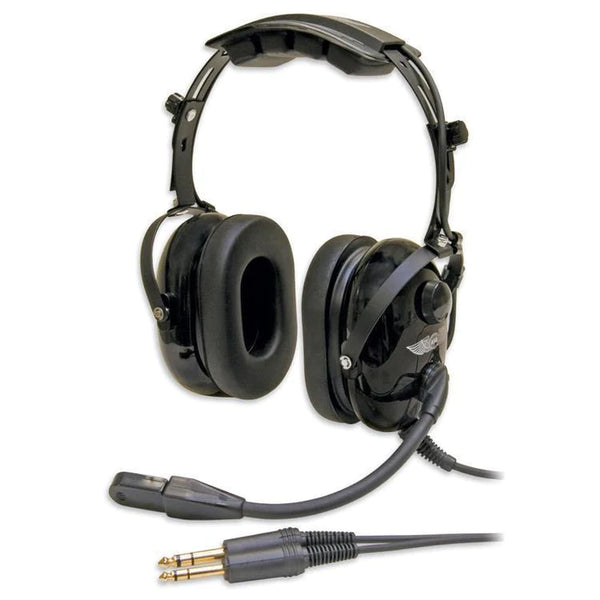
ASA AirClassic Headset
The ASA AirClassic Headset is the most affordable option in our headset picks. This model has an electret flex noise-canceling boom microphone. The plugs are gold-plated for corrosion resistance, and the headband is adjustable for comfort.
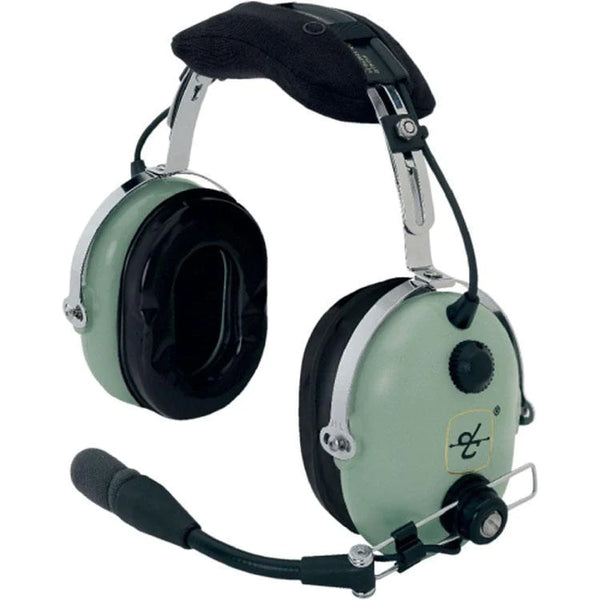
David Clark H10
The second choice is a brand of headset many pilots are familiar with, the David Clark H10 Stereo headset. This legendary company is known for making quality headsets with comfortable gel-filled ear padding and a double-foam head pad.

The Bose A30
The Bose A30 is our top choice for flight headsets. We think this is the best headset money can buy. Not only is it approved for airline use, but its advanced noise cancellation technology minimizes cockpit noise, allowing you to stay focused on communication and important flight information.
With crystal-clear audio and Bluetooth connectivity, you can easily connect to other devices or take important calls without missing a beat. Plus, its lightweight design and comfortable fit will reduce fatigue during long flights.
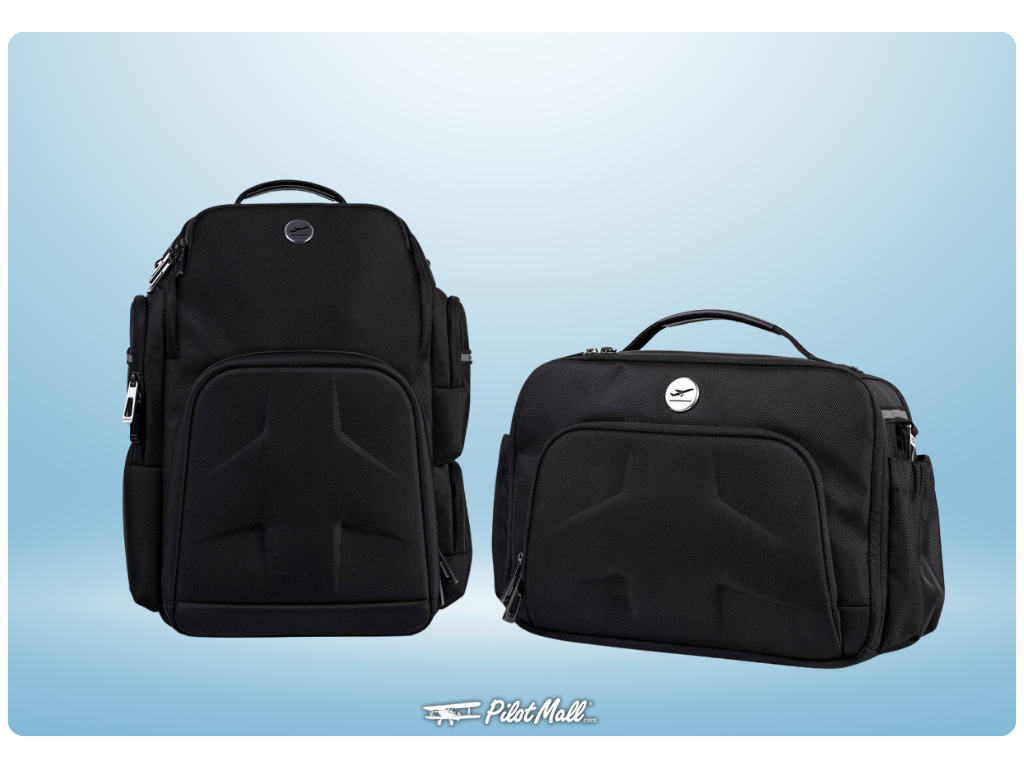
Flight Bags for Student Pilots
A sturdy flight bag is essential for frequent use. This bag will not only accompany you to ground school, but also endure travels in the back of a single-engine airplane during your flying lessons and throughout your career as a pilot.
Here is a flight bag that we believe meets the requirements.
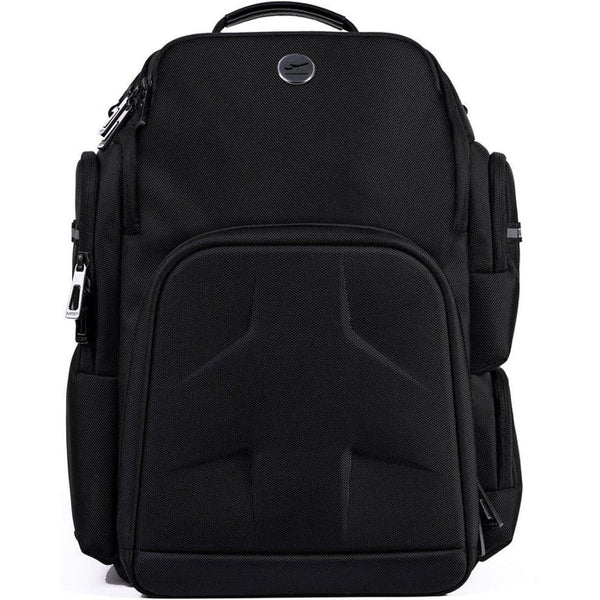
MyGoFlight Bag PLC Pro
The MyGoFlight Bag PLC Pro was created with the needs of pilots in mind, designed to be durable and withstand the wear and tear of frequent travel. It offers ample space and compartments to store all necessary items for flight training, including FAA textbooks, paper charts, and headsets.

All-in-One Student Kits
Sometimes it's just easier to get everything put together into one simple student kit. Kits for aviation students tend to include all books needed for ground-school studying towards your private pilot certificate.
These are some of our favorites.

Gleim Private Pilot Kit
Gleim's private pilot kit comes complete with everything you need to pass your PPC knowledge test. This kit includes software with practice exams for the FAA test, along with books, a plotter, an E6-B flight computer, and a bag to carry everything in.
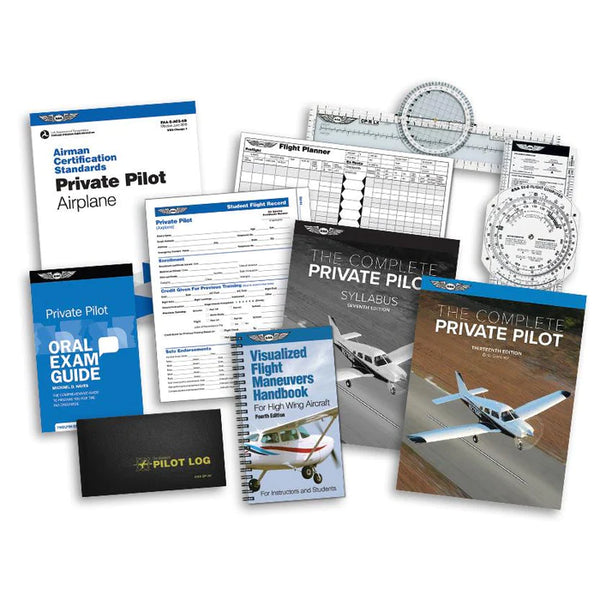
ASA Student Pilot Kit
ASA's Student pilot kit offers a VFR Maneuvering handbook, a private pilot oral exam guide, flight planning sheets, and more. All it needs is a bag and you're covered on all the aeronautical knowledge you need to ace your written test and earn your private pilot's license.
Required Items
Certain items you must have with you at all times while flying in the event of an FAA Ramp check.
- Government-issued photo Identification
- Pilot Certificate
- Medical Certificate

Frequently Asked Questions
- Do I need my own headset for student pilot training?
- While many flight schools offer rental headsets, purchasing your own is highly recommended for hygiene, consistent audio quality, and long-term hearing protection.
- What is the most important item in a student pilot's flight bag?
- Aside from required documents (ID, student certificate, medical), a reliable headset and current charts (electronic or paper) are critical for safe and effective training.
- Can I use an iPad for flight training?
- Yes, iPads with apps like ForeFlight are excellent tools for situational awareness. However, students should also learn to use paper charts and manual flight computers (E6B) as a backup and to understand the fundamentals of navigation.
- Is a kneeboard necessary?
- Yes, a kneeboard is essential for organizing charts, taking notes, and holding checklists in the cockpit, especially during solo flights where you need hands-free access to information.
Takeaway
We hope this guide helped you to put together all the various elements that you'll need to ease the process of your road toward becoming a professional pilot.
Make sure to look into flight training scholarships and financial aid, all of these opportunities are provided to help encourage individuals to get their pilot's license and to fill the demand for more people to enter into aviation careers.
Interested in Aviation-based Careers?
Our guides are designed to help those who are pursuing careers in the aviation industry.
- The Best Flight Schools in the United States
- 20 Airline Pilot Interview Questions & Answers (+ Preparation Tips)
- A Day in the Life: What is a Pilot’s Schedule Really Like?
- 7 Most Lucrative Pilot Careers
- How to Become a Certified Flight Instructor (CFI)
- Acquiring an FAA Dispatcher License - Learn What it Takes
- How to Become an Air Traffic Controller [Do You Qualify?]
Did you find this article helpful?
Do you think we missed anything important about pilot essentials? Let us know in the comments below!
